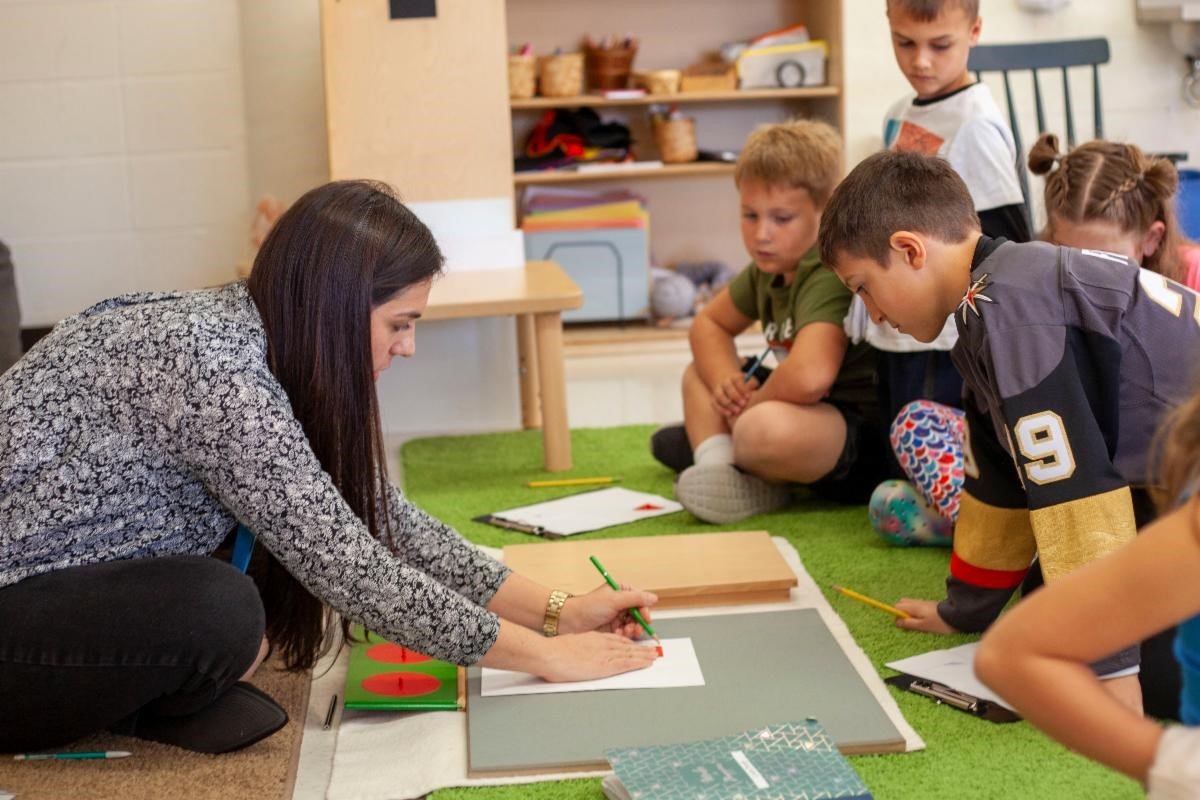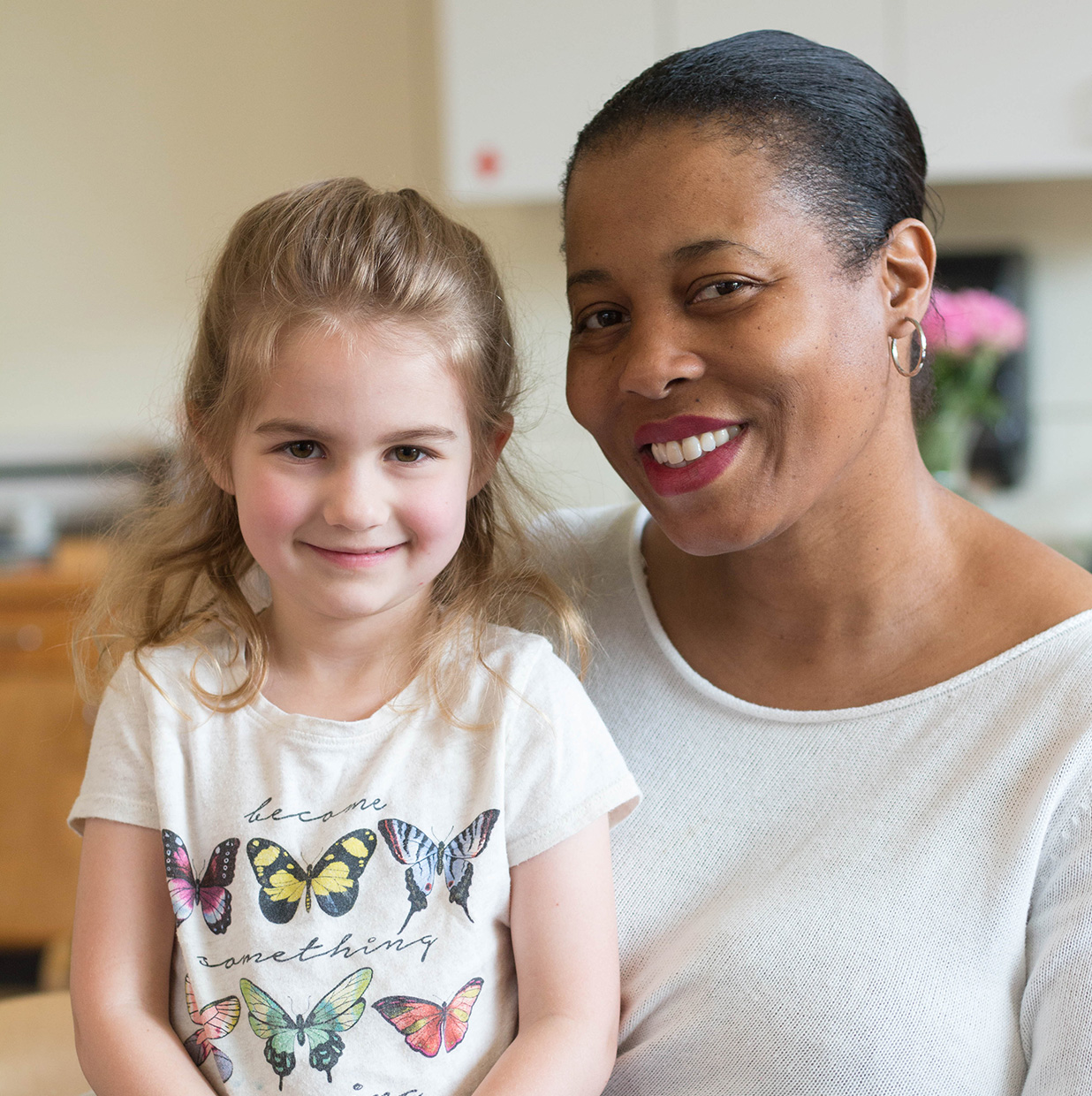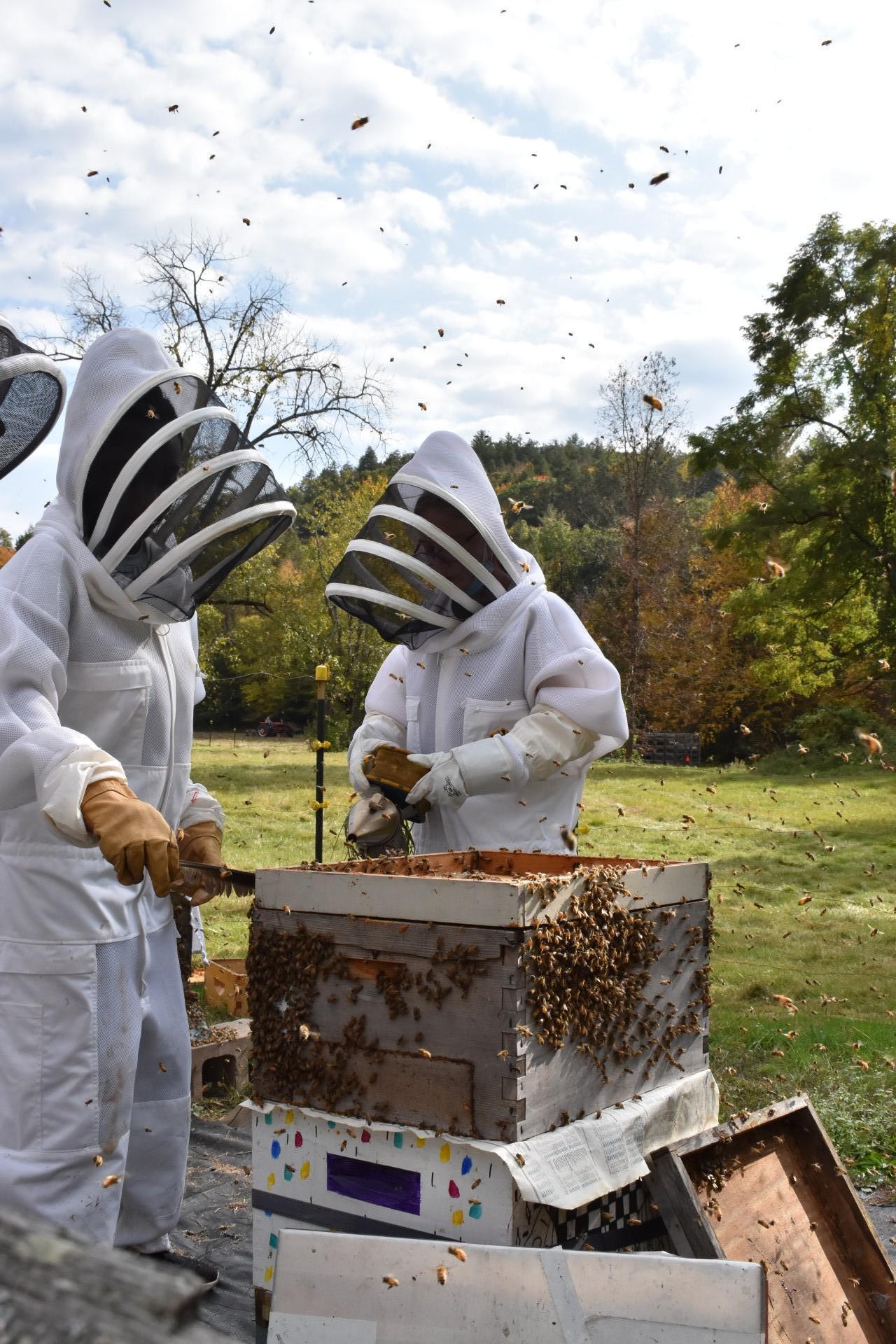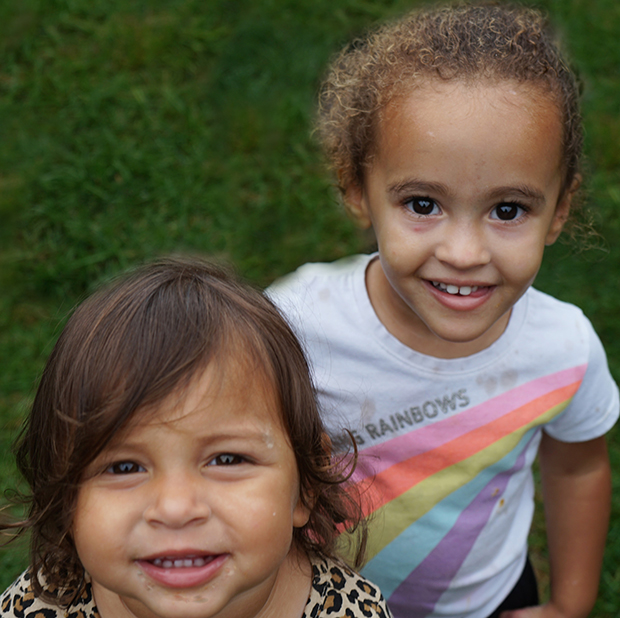The Second Plane Child by Mary McHale, Head of School
December 6th, 2024
Children bring an enormous store of knowledge and a multitude of skills to the Second Plane of Development (ages six through twelve). They have absorbed what it means to be part of a group and have gained an understanding of acceptable social behavior. Through their work in the Primary classroom, they have developed concentration skills and the ability to direct one’s own activity. They possess a store of language, an interest in their world, and skills in reading, writing and mathematics.
The child at age six leaves the first plane and enters the second plane, referred to by Dr. Montessori as the age of the intellect. Never again in an individual’s life will the power of investigation and imagination be so strong. Our approach utilizes these powers of intellect and imagination along with the other characteristics revealed by the child at this age. As observed by Montessori, children of this age present with a set of universal characteristics, ones that reveal themselves across cultures and time, which include:
- A growth in the reasoning mind. The Absorbent mind of the first plane is fading and as this happens there is an increasing ability to think abstractly, using logic and reason. Children can now more easily manipulate mental images and hold ideas and facts in relation to each other. They are not interested in isolated bits of information but wish to understand how information relates to the whole.
- A strong imagination, which can be described as the power to picture objects or experiences in their absence. It allows the brain to combine ideas and images in new ways. It is to this power of imagination that all the advancements of humankind can be attributed. Children of this age have an interest in things extraordinary such as past time, far-away places, and the wonders of nature.
- A tendency to form associations with others and to function as a team member. This emergence of the Social Being supports a change in the goal and direction of development. Development in the younger child is focused on the construction of the self, the making of the individual. At about the age of six, this changes to the construction of the social self, the placing of oneself in a wider society. Collaborative group work is preferred, as children are rehearsing for adult life.
- A strong sense of morality, fairness, and justice. This accompanies the growing power to think abstractly and allows children to reason through to their own conclusions as to why something is right or wrong.
Interested in learning more about our Elementary Program? Attend our Elementary Information Session on December 12 at 9am or connect with the Elementary Teachers directly.














